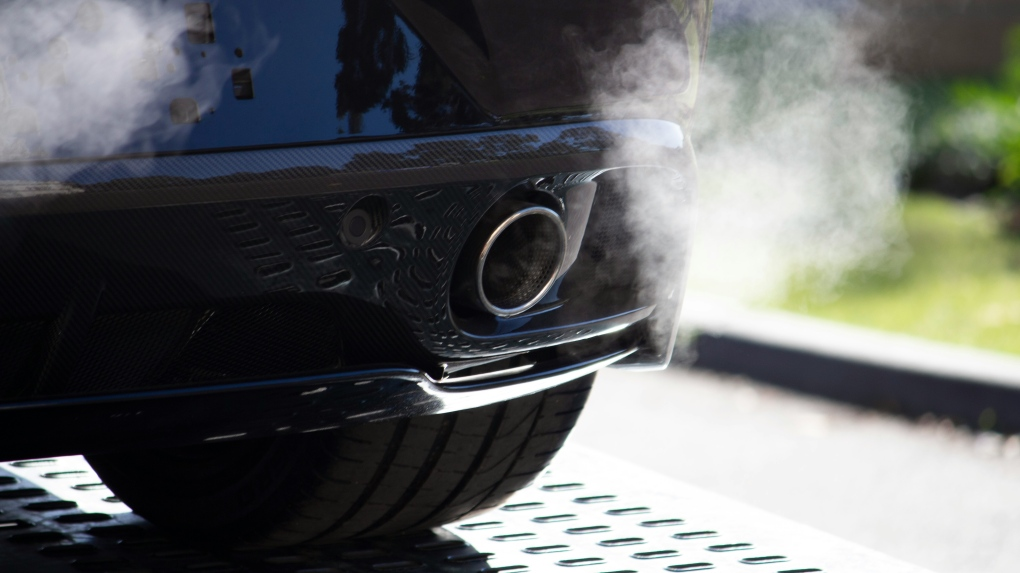
A photo showing smoke emitting from a car's exhaust pipe. Photo credit: Matt Boitor/Unsplash.
In a move to enhance its existing idling control bylaw, the City of Ottawa is considering more stringent regulations, marking a significant update seventeen years after its initial enactment. Seeking public input on the matter, city officials aim to gather diverse perspectives on potential amendments to the existing restrictions.
The current bylaw prohibits drivers from idling their vehicles for more than three minutes per hour, but only within the temperature range of 5 to 27 degrees Celsius. Outside this range, there is currently no specified time limit for idling. The city's exploration of tougher measures stems from a public survey, which suggests a potential reduction in the idling limit from three minutes to just one. This adjustment aligns with guidance from Natural Resources Canada, recommending the shutdown of engines if a vehicle is stationary for more than 60 seconds.
The survey, available on Engage Ottawa until March 15, also seeks public opinion on whether the temperature range covered by the bylaw should be expanded. Additionally, respondents are asked whether idling restrictions should be imposed below 5 degrees Celsius and/or above 27 degrees Celsius.
Certain exemptions are currently in place under the existing bylaw, including allowances for emergency vehicles, farm equipment, buses, and situations where idling is necessary due to emergencies or circumstances beyond the driver's control. The overarching goal of the bylaw is to reduce greenhouse gas emissions and combat air pollution, aligning with Ottawa's declaration of a climate emergency in 2019.
Despite the city council's climate-conscious stance, enforcement of the idling control bylaw remains predominantly complaint-based and is infrequently executed. From 2019 to 2021, city statistics reveal a mere 10 tickets and 33 verbal warnings issued. While 314 idling-related complaints were registered in 2022 and 261 in 2023, the city lacks immediate data on how many resulted in penalties or warnings.
Public Information Officer Nicole LeBlanc emphasized the complaint-driven nature of the bylaw's enforcement, stating that, "Much like many of the City's bylaws, enforcement of the Idling Control Bylaw is conducted on a complaint-basis," with violators facing a $500 fine.
Responses garnered from the ongoing survey will be presented to the city council in the fall, shaping potential revisions to the idling control bylaw. Individuals or business owners with unique vehicle classifications, such as mobile workshops, armoured vehicles, private transit vehicles, or those engaging in standard farm practices, are encouraged to consult the city for additional information at [email protected].















